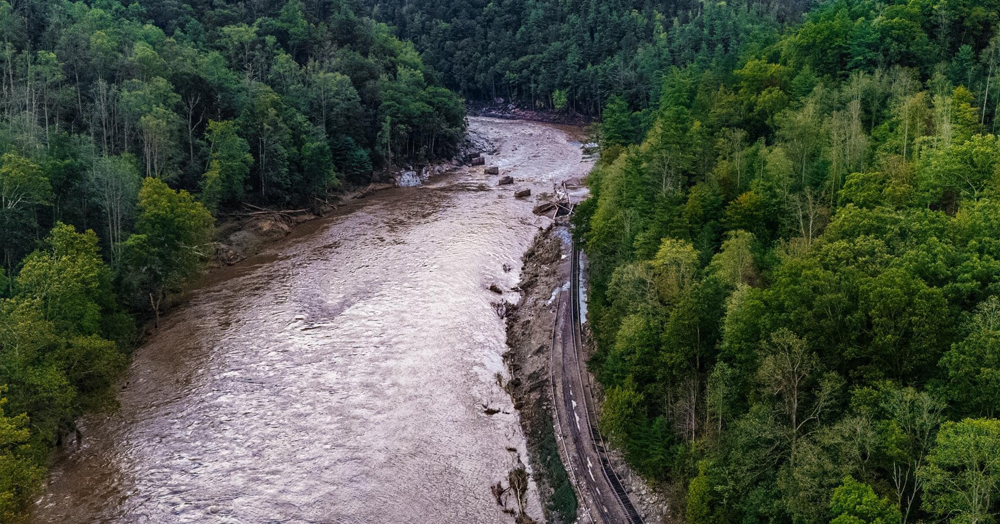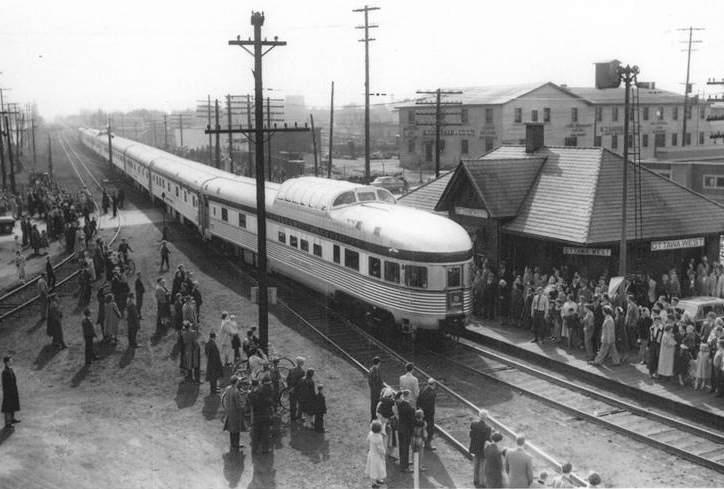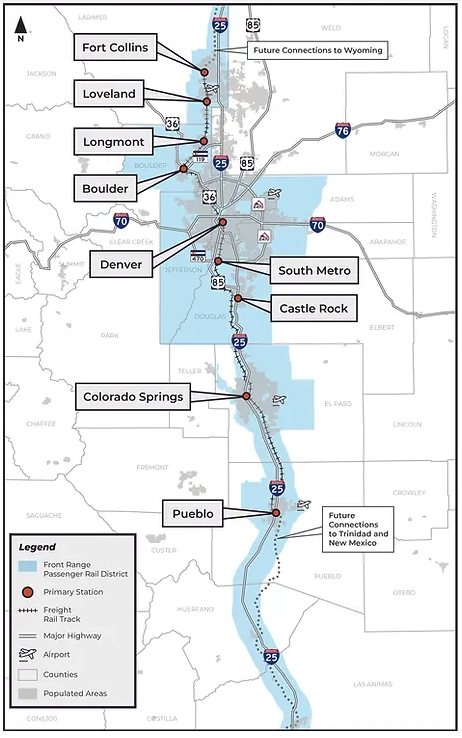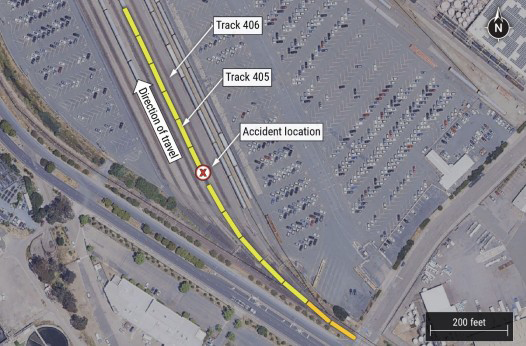
ERWIN, Tenn. — A federal judge has denied a request for a temporary restraining order that would have stopped CSX repair work on the former Clinchfield Railroad line through the Nolichucky River gorge.
WJHL-TV reports Judge Martin Reidinger of U.S. District Court for the Western District of North Carolina said some developments since outdoor groups filed a lawsuit seeking to halt the work may have made some of their requests moot. Nonprofit groups American Whitewater and American Rivers filed suit against three federal agencies on Nov. 18 saying they had illegally approved the CSX repairs because the work was environmentally disruptive [see “Whitewater advocates sue federal government …,” Trains News Wire, Nov. 19, 2024].
Reidinger said the plaintiffs had not shown they would suffer “immediate and irreparable” harm without the restraining order, noting work on the project has halted until Dec. 2. And he made reference to additional parameters for the CSX work in a Nov. 20 letter from the U.S. Army Corps of Engineers, which address impacts on an endangered species of freshwater mussel and a plant, as well as limits on dredging and digging along the riverbed.
That letter, from an official of the Corps of Engineers’ Nashville District, only covers the 2½ miles of the gorge in Tennessee. Among other moves, it requires conducting as much work as possible below the river’s ordinary high water mark; a halt to dredging or other removal of materials below that level; using only “previously disturbed areas” for access and debris removal; and immediately stabilizing already disturbed riverbanks with temporary erosion control methods.
A member of American Whitewater told the station the plantiffs in the suit would use those directions to try to see that similar rules are enforced in the 5 miles of the gorge in North Carolina.
CSX said in an earlier statement to Trains News Wire that it continues to work with federal and state agencies “to ensure the recovery and restoration is conducted in a safe and environmentally responsible way.” In a court filing, it noted that it is refraining from performing certain work below the high-water mark in North Carolina until an “emergency permit is provided.” It also noted the impacts of the line’s closure, which include furloughs or transfers for more than 30 workers and train reroutes that add an average of 400 miles to every affected shipment.














Why didn’t the plaintiffs file suit to prevent the hurricane in the first place?
No proper jurisdiction for “Acts of God”.
Maybe experienced Nolichucky persons like the idea of unknown differences where the rocks and boulders have gone into the river? Keep CSX away so they can have a new experience?
What are the environmental disruptions of the route not able to be used? Enviromental issues of traffic being rerouted over longer distances. Also, the extra truck traffic. Now those above IMO also applies to the NS delays.
The judge was too far accommodating to the plaintiffs. It is impossible for the plaintiffs to experience harm because they don’t own the river and don’t own access to the river. So no matter what the bridge builders do or don’t do to the river, it’s of no concern to the recreational boaters.
Of course it is of concern to the North Carolina DNR, which represents the public interest. But North Carolna DNR didn’t file suit.